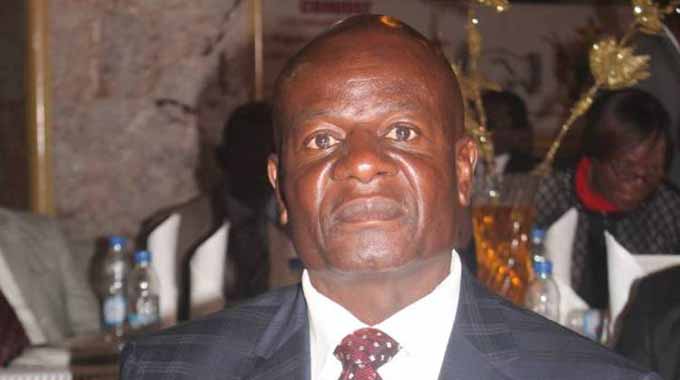New airport security measures introduced
The Herald, January 9, 1989
AIRPORT authorities have introduced new and more stringent security arrangements for checking passengers and luggage at Harare and two other airports servicing international flights.
This is in line with the heightened security checks that have been instituted worldwide following the bomb explosion on the Pan American Boeing 747 three weeks ago in which more than 270 people were killed.
Harare, Bulawayo and Victoria Falls, which serve international flights, have for a long time not had proper security arrangements, apart from the brief period during the Non Aligned Movement Summit in 1986.
For that, the President’s Office bought and installed sophisticated detection equipment for body and luggage checks.
Before that, Air Zimbabwe had obsolete X-ray equipment at Harare International Airport to check checked-in luggage while passengers and their hand luggage were physically searched by security officials.
However, most of the equipment bought in 1986 now needs servicing, but because it is not owned by the Department of Civil Aviation or Air Zimbabwe, arrangements to have it serviced are being complicated by questions of ownership.
But since the Pan American disaster and more recently, the bomb scare on an Olympic Boeing 747 over Zimbabwe two weeks ago, authorities have been discussing new security arrangements for the airport and Air Zimbabwe travellers now have to identify their luggage on the airport apron before it is loaded into the hold of the aircraft.
This process is technically known as luggage-passenger matching and travellers are allowed through to identify luggage in small groups at a time to ensure maximum security.
Luggage-passenger matching has been a minimum requirement at many other airports in Africa for some time and is aimed at ensuring that passengers who check in their luggage also travel with it.
It is understood that the security authorities, the Department of Civil Aviation and airline operators are very unhappy at what amounts to free access of unauthorised personnel into the departure lounges and aprons of the three airports servicing international flights.
It is known that diplomats and many other functionaries often bully their way through to these departure lounges, particularly when their national airlines fly in.
As a result, there are plans to introduce more stringent controls on the movement of people in airports to the extent of withdrawing all existing passes so that new ones can be issued.
It is also understood that following the Olympic incident, the Government has moved quickly to institute the proposed anti-hijacking committee, which would consist of all security branches and airline operators.
LESSONS FOR TODAY
There are more than a dozen airports in Zimbabwe. Experience from other countries shows that when planning on airport security, it should cover domestic and international airports, because they are all exposed to terrorist attacks.
Following the September 11, 2001 attacks on the Twin Towers by the terrorist group al-Qaeda, airports around the world continue to tighten their security.
All baggage and travellers undergo serious screening, but airport authorities still look for the best security strategies in order to stop potential terrorists.
Almost all airports have a list of banned or limited items that must or must not be carried on the airline.
There are guidelines on what to carry and what not to carry; how things must be packed and where. So, air travellers should always check with the airport, lest they are made to throw away some of their stuff, since anything now is a potential bomb.










Comments